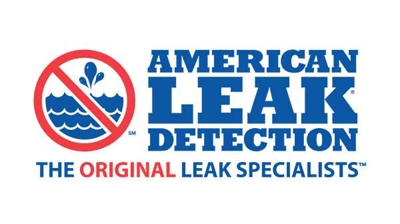Top 10 In-Ground Swimming Pool Issues
There are many issues that in-ground swimming pool owners can experience during the life of their pool. Below is our top ten:
10: Water table
The level of the water table in the ground can affect your pool’s construction and how it will respond to changing climatic conditions. If the ground water table is high, your pool can be subject to “floating” in the ground. Keeping the water level in the pool stable helps combat the pool from floating up.
In most areas, pools will have a hydrostatic valve installed to help proper equalization of the water table with the pool water level.
If a leak occurs and the ground water table is low, then a leak will be quickly absorbed by the surrounding ground, and possibly wash away the dirt from around the leakage point causing voids around the pool structure.
9: pH balance
The pH balance of the water affects the growth of algae in the pool, as well as impacts surface corrosion and chlorine effectiveness. It is important to have your pool’s pH checked and balanced on a weekly basis.
Learn more about pool pH at the Pool Wizard.
8: Winterizing
If you are living in a climate that has freezing temperatures as a normal part of your season, you will want to winterize your pool. Winterizing prepares your pool to survive the winter and remain clean and damage-free until the next pool season.
Click here to learn about winterizing your pool. If you don’t want to winterize the pool yourself, ask a professional pool service company to take care of it for you.
7: Pump prime
If your pump starts pulling air into the system, it is likely the pump will lose the power, or prime, to move water. The power to move water is “prime.” If the pump is working, but not moving the water, then the water is not getting filtered properly. If the water is not moving, it can cause the pump to overheat and possibly burn up.
Learn how to “prime” your pump if you suspect it has lost the power to move water.
6: Proper filtration
If your pump is primed, the water will be flowing through your filter. Make sure you maintain and clean your filter regularly. The amount of maintenance depends on the type of filter you have. Backwashing your filter cleans the filter of debris and improves the flow through the filter. To learn more about proper filtration check out the sites listed below:
5: Energy consumption from heating water
Heating your pool efficiently is impacted by several environmental factors. Seasonal climate, amount of shade over the pool, temperature differences between day and night, as well as the size of your pool affects your pool’s heating efficiency and its ability to reach your desired temperature.
4: Cracking or chipping of pool deck
A cracked or chipped pool deck poses danger to pool owners and guests, as well as aesthetic problems.
Besides a potential tripping hazard, cracks in the deck indicate, more importantly, there are more serious issues, such as ground shifting or a sink hole.
3: Leak in the pool’s plumbing
If not taken care of in a timely manner, leaks in the pool’s plumbing can cause tremendous damage to your property as well as rack up a huge water bill. Also, you will waste more in chemicals to keep the pH balanced since the chemical is leaking out with the wasted water and being diluted with new water being pumped into the pool.
Have a professional detect your pool’s leak without destruction.
2: Leak in the pool’s structure
A leak in the pool’s structure will make it difficult to maintain the pool’s pH balance and can cost you more in chemicals as well as increased water usage.
Have a professional detect your pool’s leak without destruction.
1: Swimmers’ safety
Make sure you and your family are safe when using your pool. Drowning in pools is a very real threat that can be prevented. Never swim alone, and make sure your main drain is compliant to the Virginia Graeme Baker Act.


